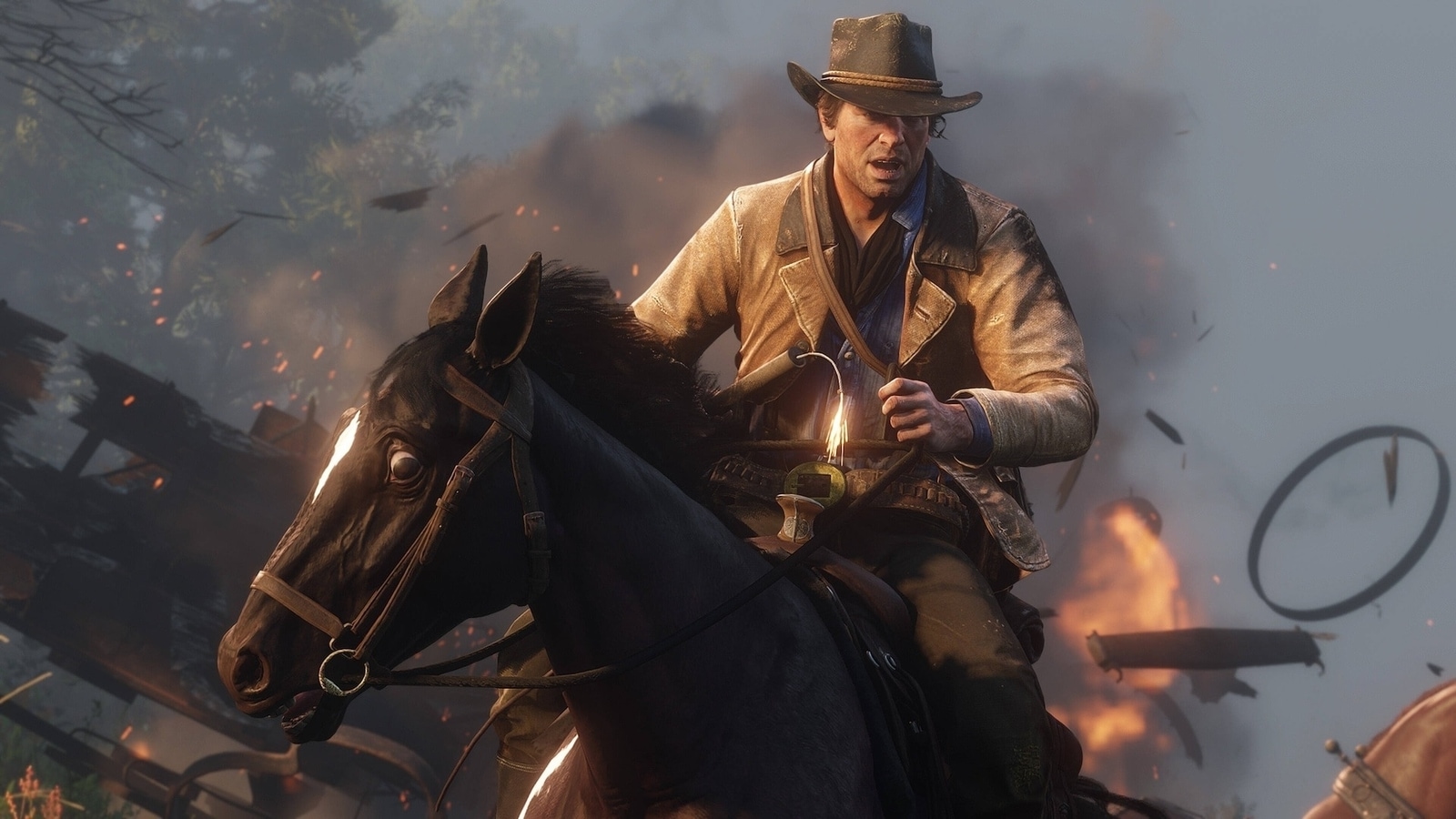In Uvalde, a largely Mexican American city, Catholicism has remained part of the community’s cultural bedrock, providing charitable support and advocating for impoverished families and undocumented immigrants.
Still, some families have drifted, pulled by the ascendance of evangelical congregations, dissatisfaction with leaders as the global Roman Catholic church became engulfed in scandal or a broader societal shift away from institutional religion. Parishioners said attendance at weekend Masses, which had plummeted because of the coronavirus pandemic, had recently inched its way back to where it had been.
Sacred Heart, which was established in 1908, sprawls across a large plot in a neighborhood of modest family homes. There is the gray brick church, which was constructed at least 40 years ago, and the parish school, which has students from kindergarten to sixth grade and has been overseen by the same order of sisters for 110 years. Statues and murals of the Virgin Mary are scattered outside the church.
The congregation reflects a cross section of Uvalde. There are administrators from local colleges, an optometrist, machine shop workers, a bank president, truck drivers, ranchers and service industry workers. The parish is deeply ingrained into their lives and families. It is where babies are christened and grandparents are eulogized. It is where they confess their sins and where students in the parish school learn long division and grammar.
Faustino Gonzales, 76, has lived within a few blocks of the church for most of his life. He attended the parish school, and so did his children. Now, his granddaughter is in the second grade there. “I was married here,” he said. “Wonderful thing. Beautiful.”
His daughter is decades removed from her years as an elementary student, yet he can still remember the letter he wrote to her for one of her class assignments. It was about Sacred Heart. “I’d trade my hunting rifle, my car, even my house,” he recalled writing. “But my childhood and years at Sacred Heart — I’d never, ever.”

























